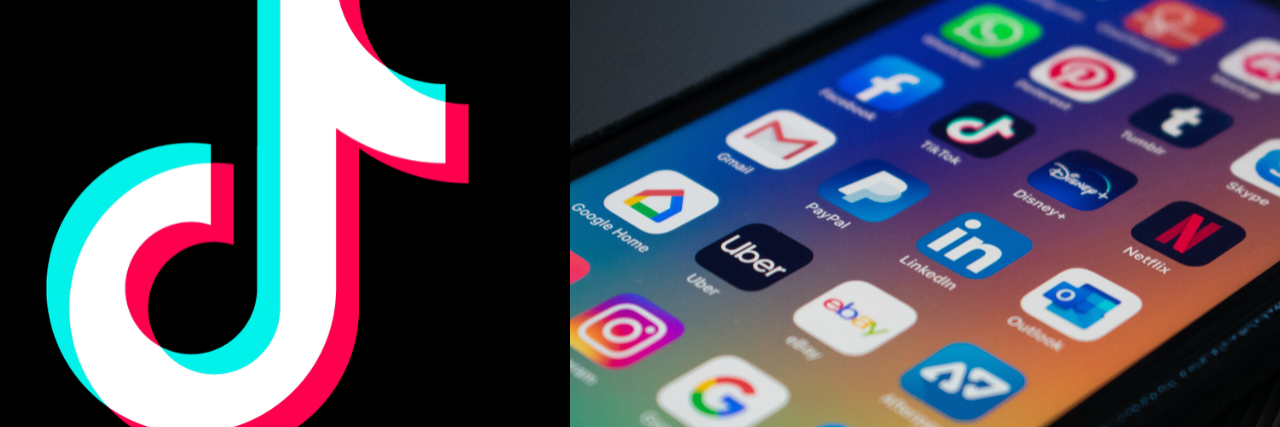What It Felt Like to See the TikTok 'Autism Challenge' as an Autistic Adult
Editor's Note
Join The Mighty’s Coronavirus group to connect with other Mighties living through the pandemic. Read the latest updates, share helpful tips, or give and receive virtual support.
A trend that is impacting our disability community is the new TikTok “autism challenge” which goal is to mock and bully people with disabilities — specifically those with autism.
For those who haven’t seen the videos, they show people faking seizures, walking funny and so much more disgusting behavior. To add insult to injury, many of these videos are being done with the audio of the “Let’s Get Retarded” parody song.
I was shocked to learn about the challenge initially. As an autism self-advocate who is also autistic, when I first heard “autism challenge” I thought it may be of people going on TikTok to spread autism awareness and acceptance.
I was so hurt by this. It’s taken years for me to feel accepted for my autism and this challenge reminded me how much more ignorance there is out there in the world. While struggling with routine changes due to COVID-19, I kept thinking to myself, “Why would anyone decide to be so mean, especially during a time like this in our nation’s history?”
I couldn’t take this sitting down. I contacted TikTok immediately asking them to take this down. I never received a response back. Because of that, I went to YouTube to post a response hoping that if enough people shared it, maybe it would reach someone at TikTok (the video I posted below now has a little over 40,000 views).
In my video, along with explaining what the challenge is, I asked our society to consider doing “campaigns towards kindness” on TikTok.
I’m now glad to say that, with the disability community advocating for a swift response, TikTok decided to take the initial video that started the challenge down along with the hashtag #AutismChallenge. A TikTok spokesperson even responded to a website called Parentology saying,
This content does not reflect our values and is against the code of conduct outlined in our Community Guidelines. The original video was removed, and we are looking into and will take action on any further content that violates our policies.
In my opinion, the silver lining to this is that getting TikTok to respond in this way shows that our disability community, when we come together as a village, can make positive change in the world. In 2018, the CDC found that 1 in 4 U.S. adults have a disability, making up the largest minority in the United States. I’m proud to call myself an advocate today fighting the good fight for our community.
I can only hope that those on TikTok who may think about bullying in the future know the harmful effects it can have on others.
Header images via TikTok Facebook page and Unsplash photo via Kon Karampelas

